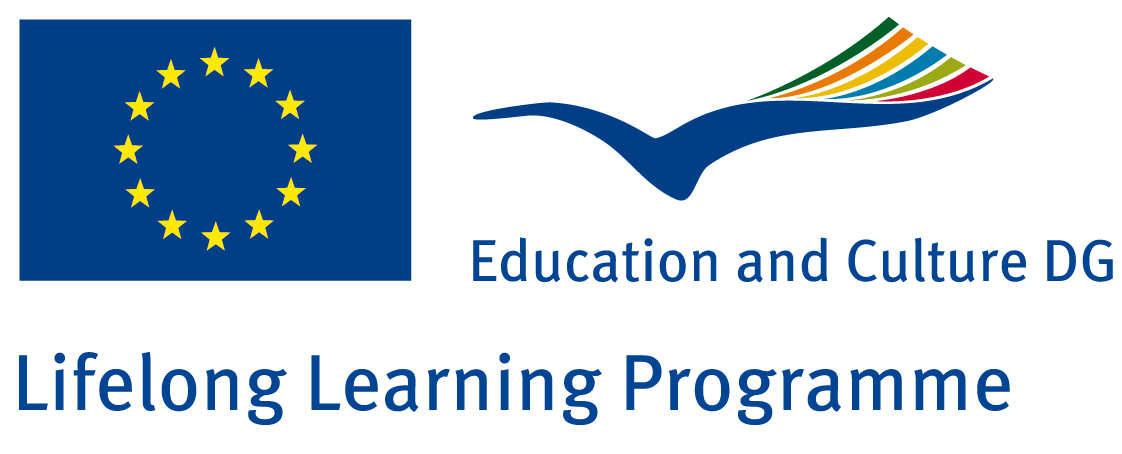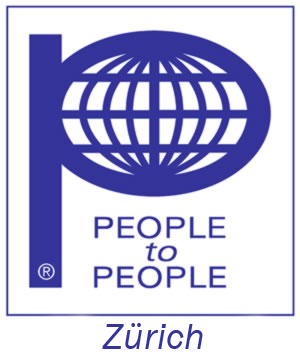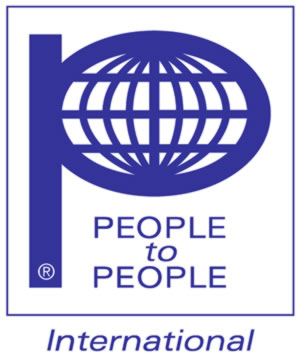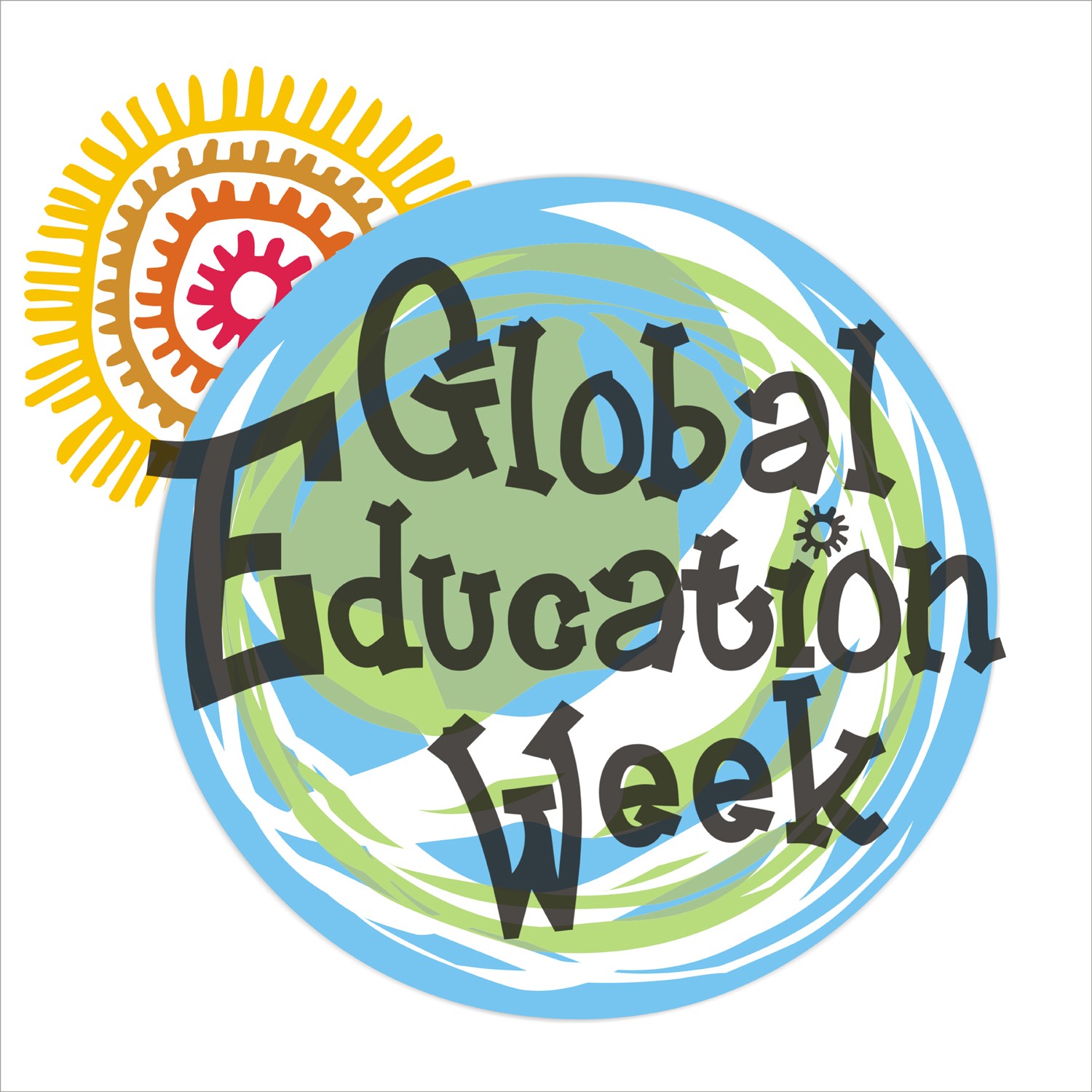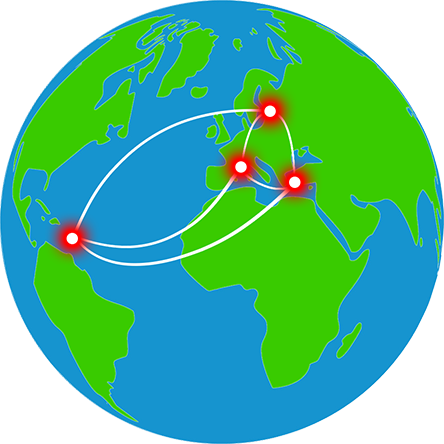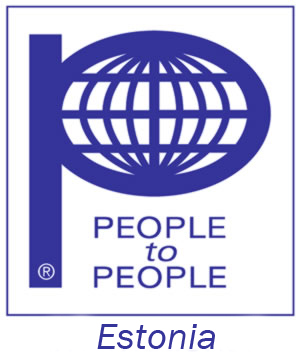Cultural Heritage for Youth Economic Empowerment
This is Erasmus+ two years strategic partnership project (2020-2022) of four organisations from France, Nice - continental France and Martinique Caribbean France, Estonia and Turkey.
The project aims to empower youth workers and young people by a cultural heritage learning approach which enables to improve basic competences and get employed. By using cultural heritage for youth economic empowerment, partners will preserve European cultural heritage and contribute to the entrepreneurship education, job creation, economic growth and social cohesion which is one of priorities in Erasmus+ Programme.
The idea of project is based on celebrating unique cultural heritage and use it as an efficient tool for reducing youth unemployment. The European Framework for Action on Cultural Heritage reflects the common set-up for heritage-related activities at European level, primarily in EU policies and programs. During the European Year of Cultural Heritage 2018, over 6.2 million people took part in more than 11,700 events organised across 37 countries. The European Commission implemented ten long-term European Initiatives as a main policy input for the Year. It proposes around 60 actions which will be implemented by the European Commission in 2019 and 2020. These actions seek to promote and protect European cultural heritage.
Partners of this project decided to use momentum and combine learning about cultural heritage for solving problems with unemployment. Youth unemployment is still high in Europe. EU supports reducing youth unemployment by increasing the youth employment rate in the line with the wider EU target of achieving 75% employment rate for the working-age population (https://ec.europa.eu/social/main.jsp?catId=1036)).
Partners consider that every young person has certain competencies which can be developed, improved and shared with others. Both celebrating cultural heritage and reducing youth unemployment in Europe, partners want to build strategic partnership on the European level and exchange good practices for better quality youth work, so young people will be more aware of their cultural heritage and get improved by gaining entrepreneurship competences in the fields of tourism, cooking, handcraft, music, singing and dancing.
The general objectives of the project are:
to learn about the importance of cultural heritage for young people;
to increase awareness about cultural heritage's contribution to job creation, economic growth and social cohesion;
to exchange good practices between project partners' organisations in non-formal education for youth.
The specific objectives of our project are:
to gather data, references and information on policy and institutional environment, projects, programs and research and previous activities and projects prepared in the youth field,
to identify needs and barriers, to set up successful mentoring programs that will support and lead our target groups,
to focus on the need to provide training and support for the target groups,
to create a friendly environment for young people to become involved in non-formal educational activities,
to improve a holistic approach that consist of training, mentoring and networking.
The project is based on an inclusive approach of youth workers and young people in order to have sustainable investment, quality and efficiency in youth fields. The diversity of participants will create a great learning environment where each and every one can benefit from the learning background and specific competencies and will open up new horizons.
The target groups of this project are:
- youth workers involved in non-formal education;
- young people, including youth with fewer opportunities.
Using the best non-formal education methods beneficiaries will take part in the essential project activities:
- exchange of good practices in non-formal education,
- workshops about cultural heritage, digital learning, European citizenship and European values,
- creating project E-Book for learning activities,
- creating project logo and poster,
- creating a social network,
- developing materials for the project Facebook page,
- dissemination and presentation of the project to local authorities, other youth NGOs and institutions and foundations.
The main result of the project will be strengthening of exchange of good practices and enabling youth workers and young people to work together and learn from each other about cultural heritage and solutions for employment.
The main impact will be strong partnership between partners' organisations and great learning experience of all directly and not directly involved to the project. Influence of the project good practices in E-Book will be sustainable and have long-term impact in the youth fields and beyond.
Facebook page:
__________________________________________________________________
This document has been produced with the assistance of the European Union. The contents of this document are the sole responsibility of the project partners and can in no way be taken to reflect the views of the European Union.
